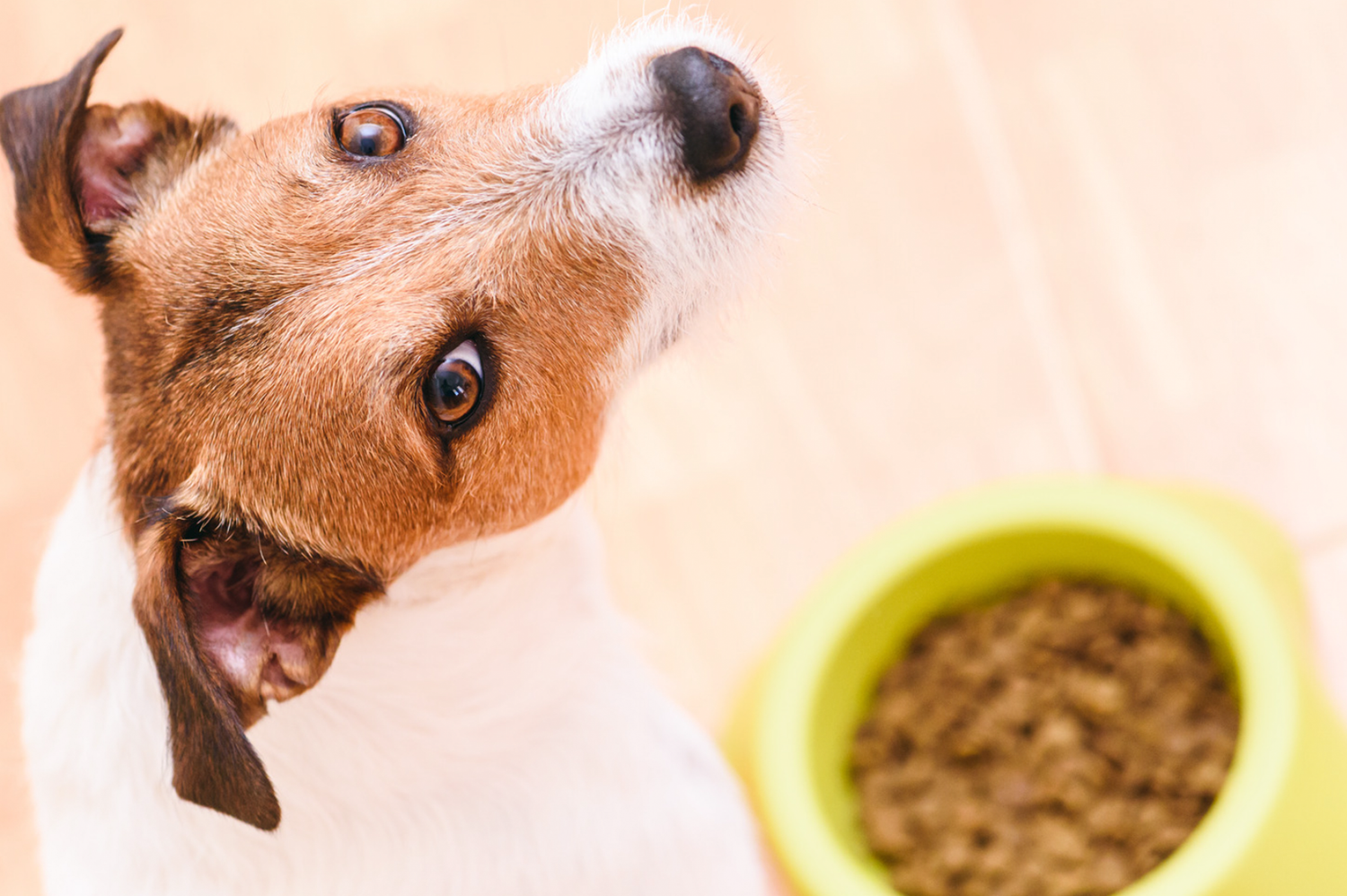Just like humans, dogs may experience an upset stomach from time to time.
But there’s a big difference between a dog who’s dealing with a bit of gas and one that is suffering from a serious gastrointestinal issue!
Like us, dogs are also at risk of developing serious digestive problems such as:
- Food allergies
- Constipation
- Parasites
- Colitis
- Pancreatitis
- Viral infections
- Bacterial infections such as salmonella
- Chronic inflammatory gastritis
- Inflammatory bowel disease
… as well as diseases of the liver or kidneys.
That’s why it’s important to pay attention to your pet’s eating and digestion habits, so you can tell when something out of the ordinary is happening and take your dog to your local veterinarian for a checkup if necessary.
Here are some common signs that indicate something isn’t right with your dog’s digestive system:
- Excessive gas (rumbling stomach, burping, flatulence, etc.)
- Nausea/Vomiting
- Diarrhea
- Weight Loss
- Constipation
- Loss of interest in food
If your dog shows any of these symptoms, it could be a sign that he or she is probably dealing with some form of digestive malady, and should be monitored. If the symptoms don’t resolve themselves in a day or two, you may want to take your beloved pet to the vet.
If, however, your dog shows any of the following symptoms:
- Increased thirst
- Excessive urination
- Restlessness
- Weakness
- Panting
- A racing heart
- Seizures
- Heart Failure
… That’s a sign that whatever is happening with their gastrointestinal tract could be serious, even life-threatening. In which case, we urge you to take your pet to the veterinarian immediately.
Whenever in doubt about any symptoms, it’s always best to not wait and take your dog to the vet.
HOW TO PROTECT YOUR PET AGAINST DIGESTIVE ISSUES
Veterinarians recommend feeding your dog high-quality food with both soluble and insoluble fiber and moderate fat levels to support proper function in your dog’s gastrointestinal tract.
It’s also a good idea to keep them away from human food, which is generally unsuitable for a dog’s digestive system, as well as garbage, animal feces (which could have worms – not to mention, ugh, gross), chocolate (which is toxic to dogs), or anything else that could have a negative impact on your dog’s digestive health.
Something else that veterinarians recommend is giving your dog a high-quality probiotic supplement to add healthy bacteria into its digestive tract and replace the fundamental acids needed for proper digestion. Probiotics also inhibit the growth of harmful bacteria and make it easier for your dog to absorb the nutrients in his pet food, which is important for optimal health.
At Pet Wellness Direct the probiotic supplement we recommend is our own VetSmart Formulas Critical Digestive Restore. It’s one of the best probiotics on the market, with over 15 billion active cultures that have been specifically selected for canine body chemistry. This product was developed by veterinarians and is veterinarian strength.
You can learn more about this powerful probiotic for dogs here.
As always, if your dog is showing signs of gastrointestinal distress, the smart move is to take him to see the vet for a checkup. We also encourage you to talk to your vet to see if probiotics are right for your pet.
And remember: a happy tummy equals a happy pet!











